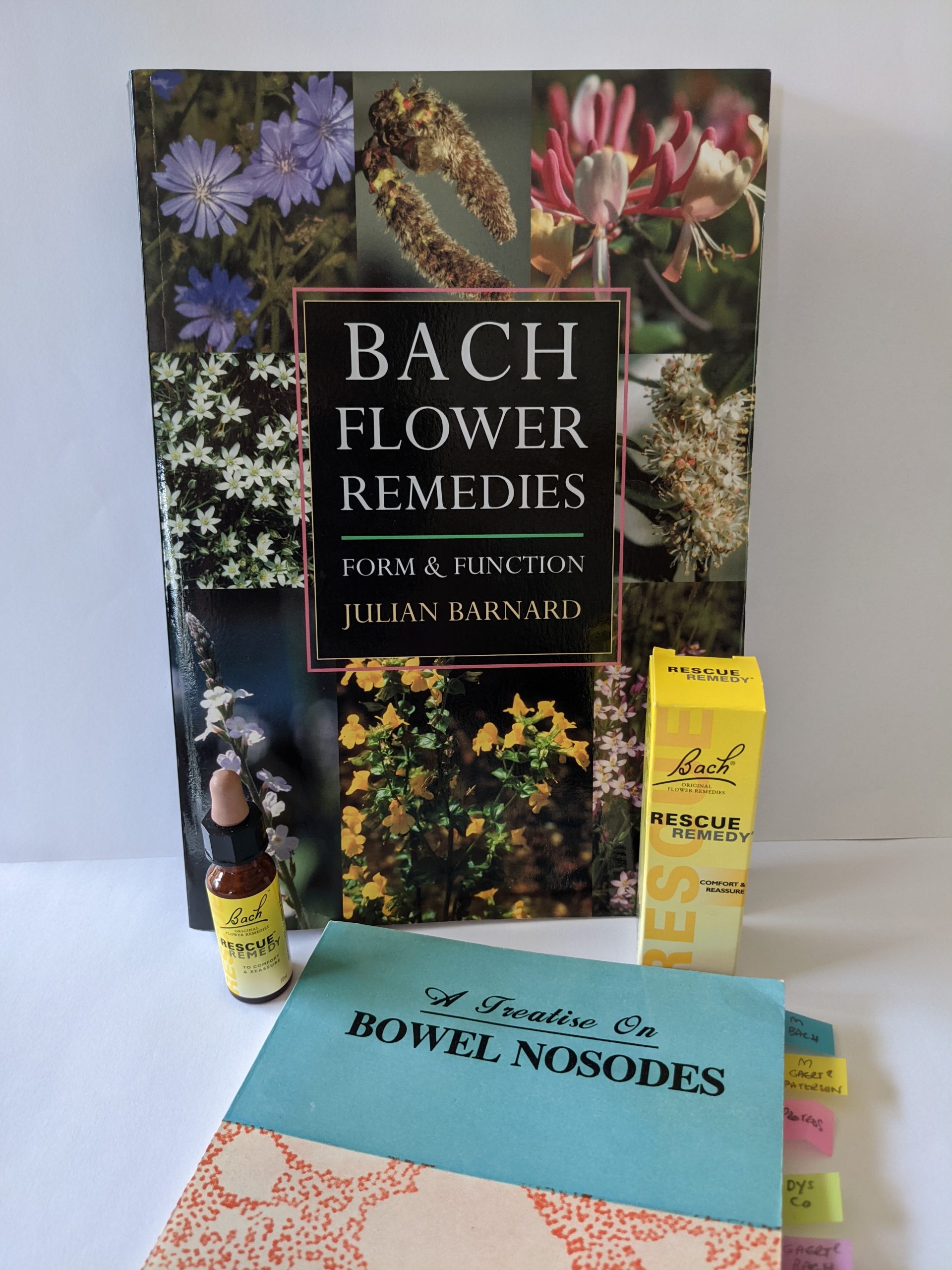Bowel Nosodes in Homeopathy are serial ultra-dilutions of bowel flora. They have a wide range of uses and not just in bowel related problems. Though almost consigned to history, modern orthodox medicine is slowly coming to the conclusion that the bio-chemistry of our guts may have wider implications. You may have heard about the microbiome?
“So far as orthodox medicine is concerned relatively few of the treatments that were in vogue before about 1950 have much importance today. The medicine of the 19th and even the first half of the 20th century, though no doubt fascinating from a historical point of view, has been almost entirely superseded by later developments; few books go out of date as medical texts“
Quote from “The Two Faces of Homeopathy” by Anthony Campbell
This comes from a book published in 1984. Given the speed of progress, today we can say that anything much before the year 2000 is medical history.
Over the last months I have watched many well qualified doctors and scientists on YouTube speaking about the Sars-Cov-2 virus and its treatment. Few scientific papers quoted date before the turn of the millenia.
Of course, it was barely a decade earlier that the information age began when British Scientist Tim Berners-Lee conceived the world-wide web in 1989. Since then, more than medical texts have gone out of date. Almost everything seems history!
Perhaps there is a hazard here? One problem is that for anything to be valid in medicine today it has to be supported by peer reviewed evidence and so forth. This tends to invalidate past wisdom, unless it is studied and rediscovered anew according to current standards. At face value, this is all well and good, but alas outcomes and conclusions are influenced despite claims of rigor and impartiality.
I truly recommend Dr Malcolm Kendrick’s book “Doctoring Data” https://drmalcolmkendrick.org/ if you wish to understand the use of data in medicine today. His blogs are excellent also.
Since writing this blog I have penned another, which you may care to read, explaining how what we now call othodox medicine came to dominate titled the History of Homeopathic Medicine.
Last month I shared with you a rather long YouTube video by Dr Zach Bush. From the same source I have now found a shorter piece (and nicely illustrated) titled Chemical Farming and the Loss of Human Health, where he reminds us of our past. Zachary draws our attention to our hubris and the short sightedness of our actions. In short, we have bought into a narrative over the last century that ignores the wisdom of past millenia.
Looking down the microsope has taught mankind many things, but however well meaning, we have – alas – lost sight of the bigger picture. This bigger picture is one of connectivity between all things in the natural world; every action has a reaction. Everything has a purpose.
Dr Bush teaches us that the quality of the soil in our fields matters. So too the soil – or le terrain (sounds classier in French!) of our gut. Both are teeming with viruses and bacteria, all of which have a purpose. In balance health results; with imbalance illness.
Dr Edward Bach (1886-1936), was a bacteriologist working just before the First World War at University College Hospital London.
He observed a connection between gut bacteria and health. At the time he studied the use of bacteria in vaccine form to treat patients suffering from chronic (long term) disease.
Later when continuing his work at the Royal London Homeopathic Hospital he found that homeopathic preparations were as effective as the vaccine form. Known as the bowel nosodes they continue to be a useful tools in the medicine chest of the homeopath.
In the late 1920s Dr Bach moved on to work on the flower essences, and the Bach Rescue Remedy mixture may be familiar to you (you can buy it still at many high steet pharmacies).
The work on the bowel nosodes passed to a husband and wife team, Dr John and Elizabeth Paterson at the Glasgow Homeopathic Hospital, who by all accounts undertook meticulous research adding to the knowledge base begun by Dr Bach, up until the 1950s. Their work was then eclipsed by the advances in antibiotics.
Is it not interesting how quickly we forget?
